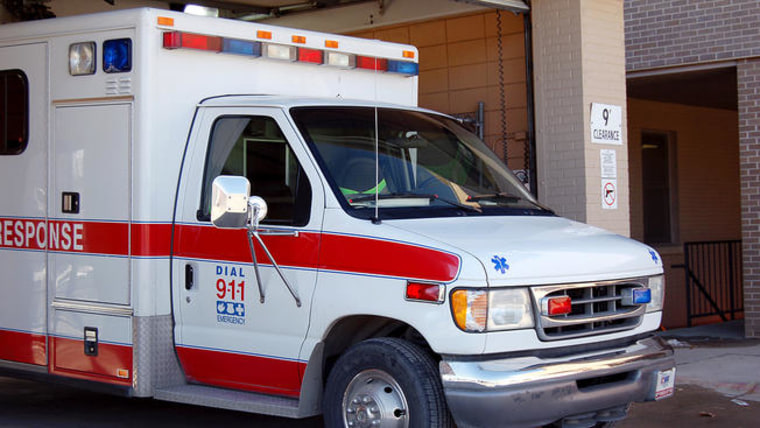Over the course of the current Congress, the policy debate surrounding "surprise" medical bills has spread with impressive speed. The Democratic-led House held its first-ever hearing on the issue in April 2019, and a month later, federal legislation was unveiled for the first time.
As regular readers may recall, the heart of the debate is relatively simple: Americans often go to emergency rooms in a crisis and assume their visit will be covered by insurance. But as part of their emergency care, patients are often treated by out-of-network medical professionals, who don't have contracts with the relevant insurer, which means consumers end up receiving "surprise" invoices, which can be quite expensive.
Imagine, for example, a patient who receives emergency treatment from a surgeon who's part of her network, but an anesthesiologist who isn't. The latter would generate an unexpected and costly bill.
The phenomenon affected so many people -- by some assessments, one-in-five emergency-room visits generated "surprise" medical bills -- that lawmakers negotiated a legislative fix. The New York Times reported overnight that the solution was included in the big economic package slated to pass Congress today.
Instead of charging patients, health providers will now have to work with insurers to settle on a fair price. The new changes will take effect in 2022, and will apply to doctors, hospitals and air ambulances, though not ground ambulances.... The final compromise would require insurers and medical providers who cannot agree on a payment rate to use an outside arbiter to decide. The arbiter would determine a fair amount based, in part, on what other doctors and hospitals are typically paid for similar services. Patients could be charged the kind of cost sharing they would pay for in-network services, but nothing more.
The exclusion of ground ambulances is important and serves as a reminder that this new solution, while welcome, addressed only part of the problem. Indeed, ambulatory care happens to be a significant part of the "surprise"-bill debate.
That said, it's a step in the right direction that will help a lot of people. It's also a reminder of just how brutally difficult health care policymaking can be: Americans tend to hate these bills, giving lawmakers a strong incentive to help improve the system, but reforms faced major pushback from medical providers and private-equity firms that make a lot of money from these "surprise" invoices.
The result was a 20-month legislative slog that produced a good-but-not-great compromise. Anyone who thinks even more ambitious health care reforms can be done easily should think again.
Postscript: I try to avoid writing too much about journalism triumphalism, but the New York Times' Sarah Kliff helped bring "surprise" medical bills to the national spotlight, and I don't think it's an exaggeration to say the bill wouldn't have passed were it not for her reporting.

